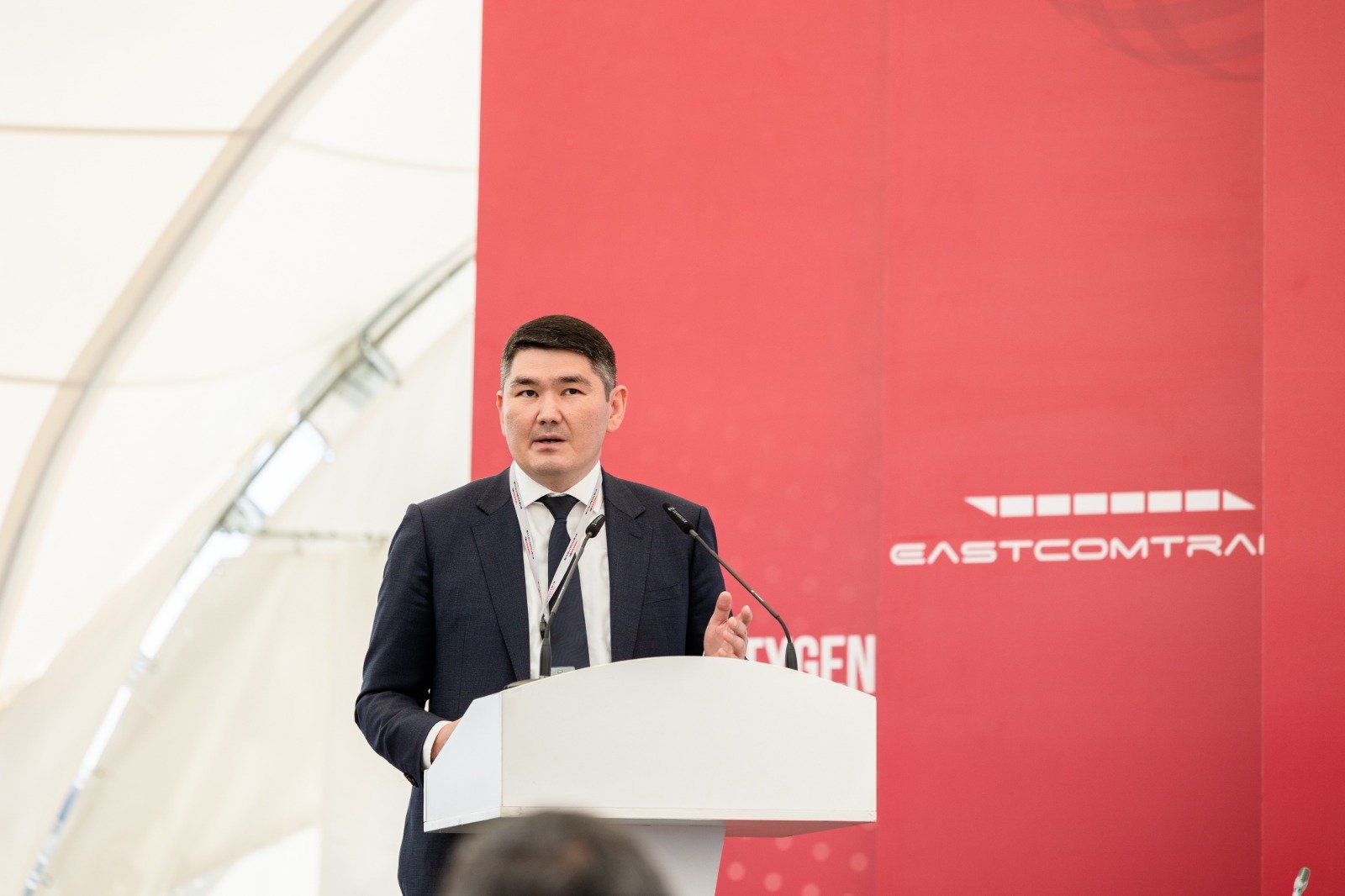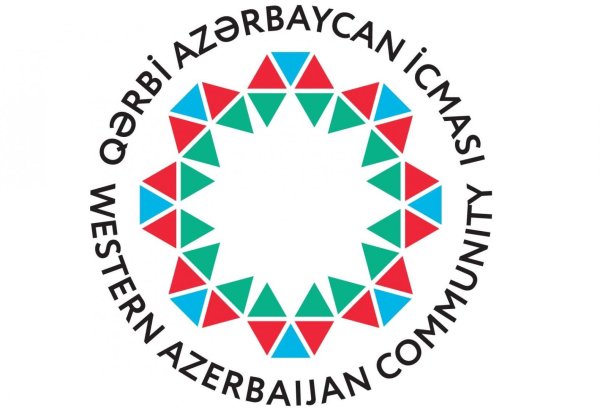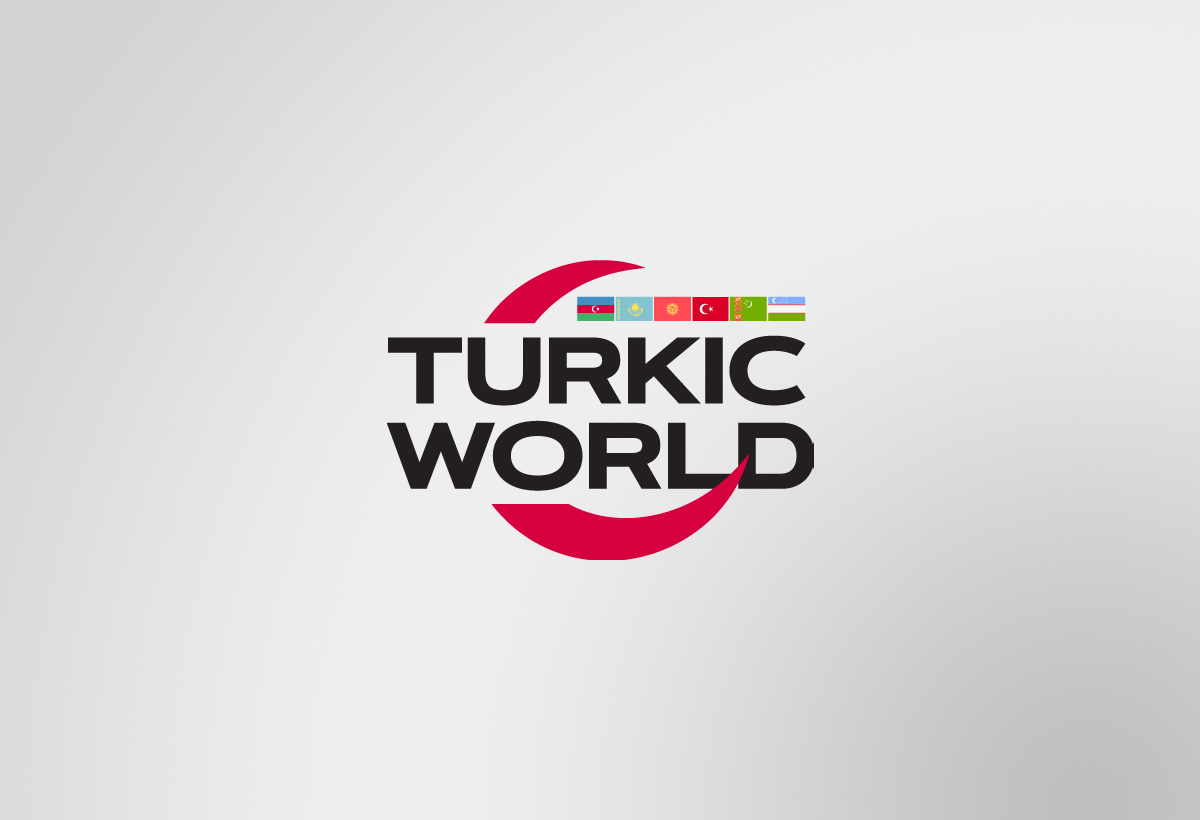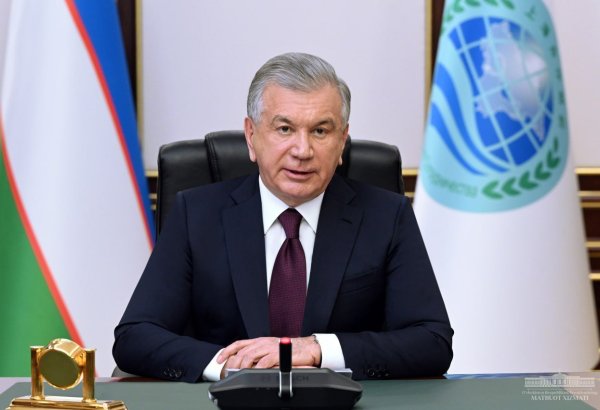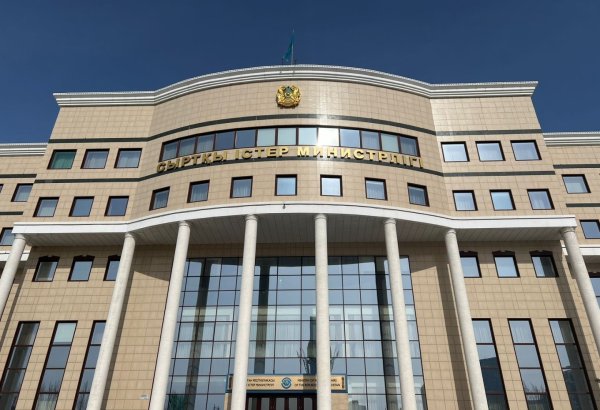ALMATY, Kazakhstan, July 8. Kazakhstan possesses a number of advantages that can contribute to transforming it into a transportation regional hub, Almas Abaideldinov, General Director of Eastcomtrans LLP, said at the sidelines of the Annual meeting & Business Forum of the Eurasian Development Bank (EDB) in Almaty, Kazakhstan, TurkicWorld reports.
"Kazakhstan has several advantages that can help it become a regional transportation hub. The first is its geographical location. Kazakhstan is situated between Europe and Asia, making it a crucial transit corridor for trade between these regions. The second advantage is infrastructure development," Abaideldinov said.
He noted that in recent years, Kazakhstan has been actively investing in transport infrastructure, including railroads, highways, airports, and seaports.
"For instance, the project to build a bypass railway line around the Almaty station will redirect cargo traffic to the new Zhetygen-Kazybek railroad. Additionally, the construction of a new railway line from Bakhty to Ayagoz and the opening of the third border crossing with China at Bakhty-Chuguchak, along with the modernization of Caspian Sea ports, are all aimed at enhancing transport corridors," he said.
Abaideldinov emphasized that the government is also providing substantial support.
"The government of Kazakhstan develops and implements strategies and programs to enhance the country's transport and logistics potential. Notably, the Nurly Zhol program and other initiatives aim to develop the transport network. Additionally, Kazakhstan is a member of various international agreements and organizations, such as the Eurasian Economic Union (EAEU) and China's One Belt, One Road initiative, which create additional opportunities for international trade and transit," he said.
The official cited competition and other factors as challenges facing the country's transportation sector.
"Other countries in the region are also actively developing their transportation corridors and infrastructure, which creates competition. Significant investments are needed to implement large infrastructure projects. Kazakhstan must continue to attract external investment and effectively utilize domestic resources. Additionally, long-term projects require stability and predictability in the political and economic spheres," he said.
He noted that the timeline for achieving the goal will depend on many factors, including those mentioned above.
"If current strategies and projects are successfully implemented, significant improvements can be expected within the next 5–10 years. The full establishment of Kazakhstan as a regional transportation hub may take longer, perhaps 15-20 years, given the scale and complexity of the tasks," he added.
The Eurasian Development Bank 2024 Annual Meeting and Business Forum features a series of sessions on the topics of Islamic finance, transport, ecology, energy, and digital technologies.
The Eurasian Development Bank is a multilateral development bank carrying out investment activities in the Eurasian region.
The EDB's authorized capital is $7 billion. The main share in the EDB portfolio is occupied by projects with an integration effect in the areas of transport infrastructure, digital systems, green energy, agriculture, industry and mechanical engineering.








